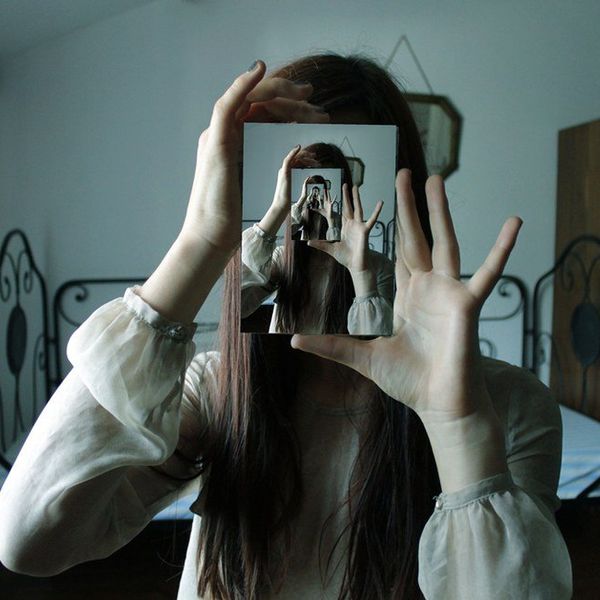Mental health has been brought up in recent years more than it ever has been.
This increase in conversation can be attributed in part to the unfortunate rise in gun violence and shootings and in part to the current administration (both federal and state) drastically cutting back on resources. This has led to the same neglectful rhetoric from the opposition this country has been hearing for years.
For example, I distantly remember having a conversation with my granddaddy about my granny who suffered from bipolar disorder and schizophrenia.
When he first tried to get her help back in 1955 in rural Mississippi, the doctors told him she was simply crazy. The doctors checked her into the county mental hospital where the doctors elected to perform electroshock therapy. By this point, she was just diagnosed as crazy, and she endured electrocution.
From what I have been told, there were experiments, and like anyone would, she checked herself out of the hospital, promising to take her medication. She did not look back until 2010 when she was officially diagnosed with bipolar and schizophrenia disorders.
She realized she was sick and, with my aunt and uncle's support, got help so she could be the granny we always knew she was capable of being. To put this in perspective, for 63 years she struggled—partly because of her own stubbornness, illness, lack of insurance and fear of what might happen if she ever got help.
To this day, a lot of places still do not like talking about mental health.
In my family, it is taboo. The number of times I have been told to just calm down during an anxiety attack or get over myself when I have a depressive episode are endless.
Most of the time, the people who say these hurtful things do not understand we have already said these things to ourselves. Those specific phrases include: “You’re being over-dramatic,” “Stop being so stupid,” “You are acting like a child,” and “You’re such a burden.”
It is an everyday constant struggle that requires a lot of mental effort and work to cope with. One of the biggest things that has helped me is having a great support system. They themselves have experienced mental health problems or have had someone very close to them experience mental illness. For others, this is not the case.
We live in a world that operates by the dollar of the premium on the insurance policy and if the therapist or psychiatrist wants to take your case. Most people in today’s world cannot afford insurance, especially not insurance that extends to mental health.
Then, if your psychiatrist prescribes medication, you have to worry about how much insurance will pick up or if you are one of the 3.2 million people in the country who do not have insurance and will be paying full price out of pocket for medications that they must take to help with different disorders.
When the average person makes $10 or less an hour, it is just not feasible. For some people, it is choosing between rent or medication, medication or the psychiatrist visit itself, the visit or food, food or the medication—and these are just some of the many variables patients must choose from. Most people want to get help, but they just cannot afford it.
Then there are other cases such as mine in which I am very lucky to have insurance (which I completely understand is a luxury), but because of my anxiety, it is a struggle to even make the call to see if a psychiatrist will take me on as a patient. It is the fear of rejection and judgement that scares the crap out of me. It is having to explain why I want to see a psychiatrist repeatedly to even get a freaking referral to see the psychiatrist I need in the first place. It is a mental jungle gym that most of the time I don’t have the mental energy to give to.
Maybe one day I will get to the point where I can go through the jungle gym, or my insurance will change, and it won’t be too bad, but right now I’m finding other coping mechanisms until that day comes.
It is ignorant to say that therapy in the traditional form is for everyone because every person is very different. I know many people for whom this method works, which is great. This method worked for my aunt and, later in life, my granny.
The main thing is knowing your coping mechanism. This is crucial and can’t be ignored. If it does go ignored, people spiral.
For a lot of people, video games work. For others, writing.
For me, I throw myself into work and the power of writing. Finding salvation from my anxiety includes NCIS, writing, work and my support system.
Hopefully, if therapy is not an option, you have a coping mechanism. If not, explore your options because there are so many out there, and hopefully, one day, you just might find one.



















